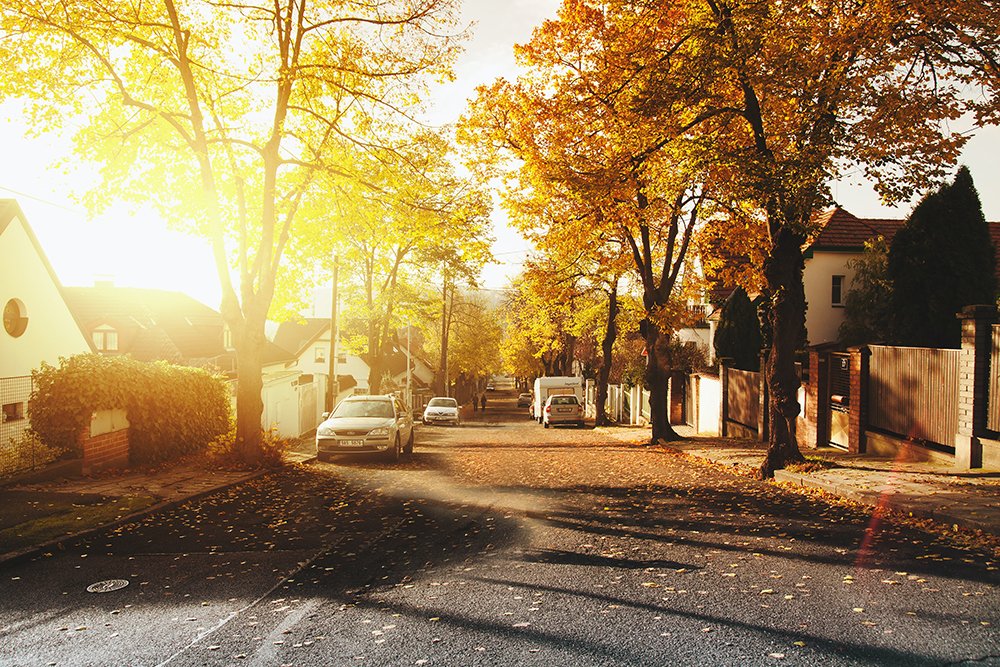
17 Aug Disability Accommodation in Australia – the Youngcare story
About 1 in 6 Australians – 4.4 million people – live with disability. And a third of those have severe or profound disability needing daily help with self-care, mobility or communication activities.
For young people with high physical support needs, finding the right accommodation can be hard. All too often they find themselves in aged care, rehabilitation centres or other inappropriate situations. It is not a choice. There is simply no better alternative.
Youngcare was formed out of the lived experience of one of its founders who battled to find relevant and dignified care for his wife. It is a story of how determination and imagination can deliver real, practical positive social outcomes.
Behind the scenes it is also a story of how longstanding laws together with new legal infrastructure can be marshalled to support social impact. There are still legal gaps and inadequacies – the law reform task is never finished – but there can be milestones along the way to recognise and apply.
What Youngcare does
Youngcare works on delivering suitable and appropriate supported housing from three angles.
- Youngcare’s Specialist Disability Accommodation (SDA) Building Program designs and develops age-appropriate housing solutions where young people with high physical support needs can live with choice, independence and dignity in their own homes.
- Youngcare’s At Home Care Grants and Home Support Grants provide vital funding for equipment, home modifications and emergency respite care, keeping young people at home with their families, and preventing new admissions to inappropriate housing.
- Youngcare Connect supports families and individuals to navigate the often-complicated health, housing and disability systems, providing expert NDIS and SDA advice, and linking people with appropriate services to identify funding or housing opportunities.
Simple to articulate, complicated to deliver. Achieving these objectives involves multiple stakeholders including housing developers, government – Federal, State and local – philanthropists, financiers, service providers, volunteers, and a range of industry and community supporters.
An example is the three-way partnership formed by Youngcare for the $3 million Wooloowin development in Brisbane which was launched in September 2020. Youngcare worked with Community Housing (Qld) and the Queensland Department of Public Works and Housing to develop a new, state-of-the-art, SDA development for 6 residents in a mix of shared and self-contained homes, purpose-built for people aged between 18 to 65 years with high physical care needs.
It was funded by Community Housing (Qld) with contributions from Youngcare, Lord Mayor’s Charitable Trust and the Queensland State government which provided the land.
The Legal Angle
So how did the law help? Much of the contribution of the law for social impact is found outside court cases and landmark decisions. It is behind the scenes in the practices and arrangements that the law recognises, confirms and documents, and in the statutes that establish community programs. The Wooloowin development was backed up by commercial law supporting the partnership and the development – the structuring of the governance arrangements, the documentation of contract and property rights, and ensuring that the ownership and control was directed towards achieving the Youngcare housing objectives. The development was able to be funded because of the underlying laws supporting charities (like Youngcare and Lord Mayor’s Charitable Trust) and community initiatives, like the community housing provider legislation. And the project is financially viable because of the SDA funding available under the NDIS. The amount and reliability of that funding is critical to the development, both to designing and building the accommodation and to its ongoing tenancy and operation. The NDIA is able to provide Specialist Disability Accommodation (SDA) funding because, and only because, of the legislation that authorises it. The scope, terms and conditions of that funding are regulated by that legislation.
Law Reform
Current law provides a good base but social impact requires more. It is increasingly important to be able to combine philanthropic and commercial funding in social impact projects – “blended finance” – and there can be tensions between the legal requirements for charities and how they fit with commercial arrangements.
Legislated programs can also take different directions in their implementation. There has been criticism, for example, that the NDIA’s pricing of individual SDA budget packages has missed, and underserves, the original intention by focussing on how individuals are currently living rather than their reasonable and necessary goals. This can lead to a project being financially unsustainable for anything other than shared accommodation.
The legal infrastructure is a work-in-progress. Law reform, like building and maintaining a home, is an ongoing job.


